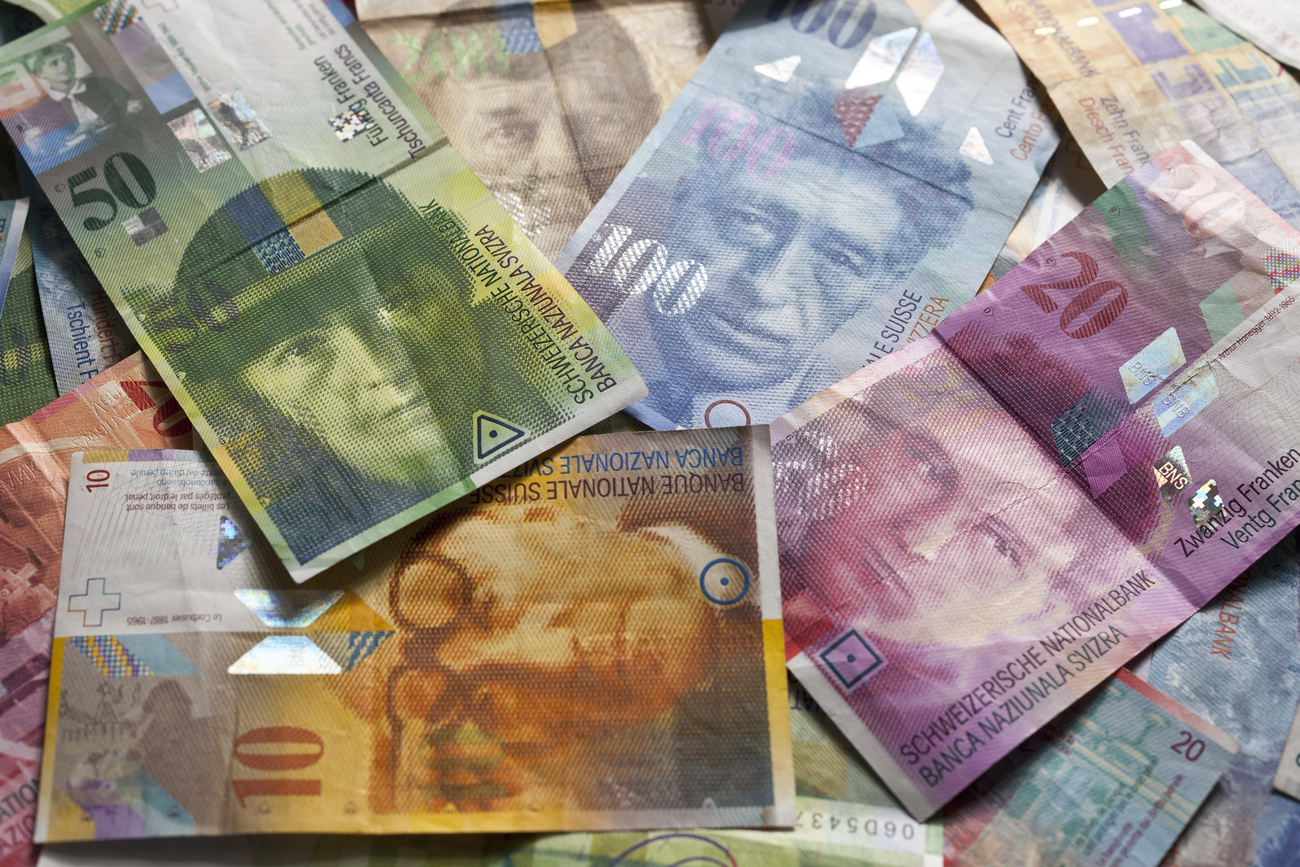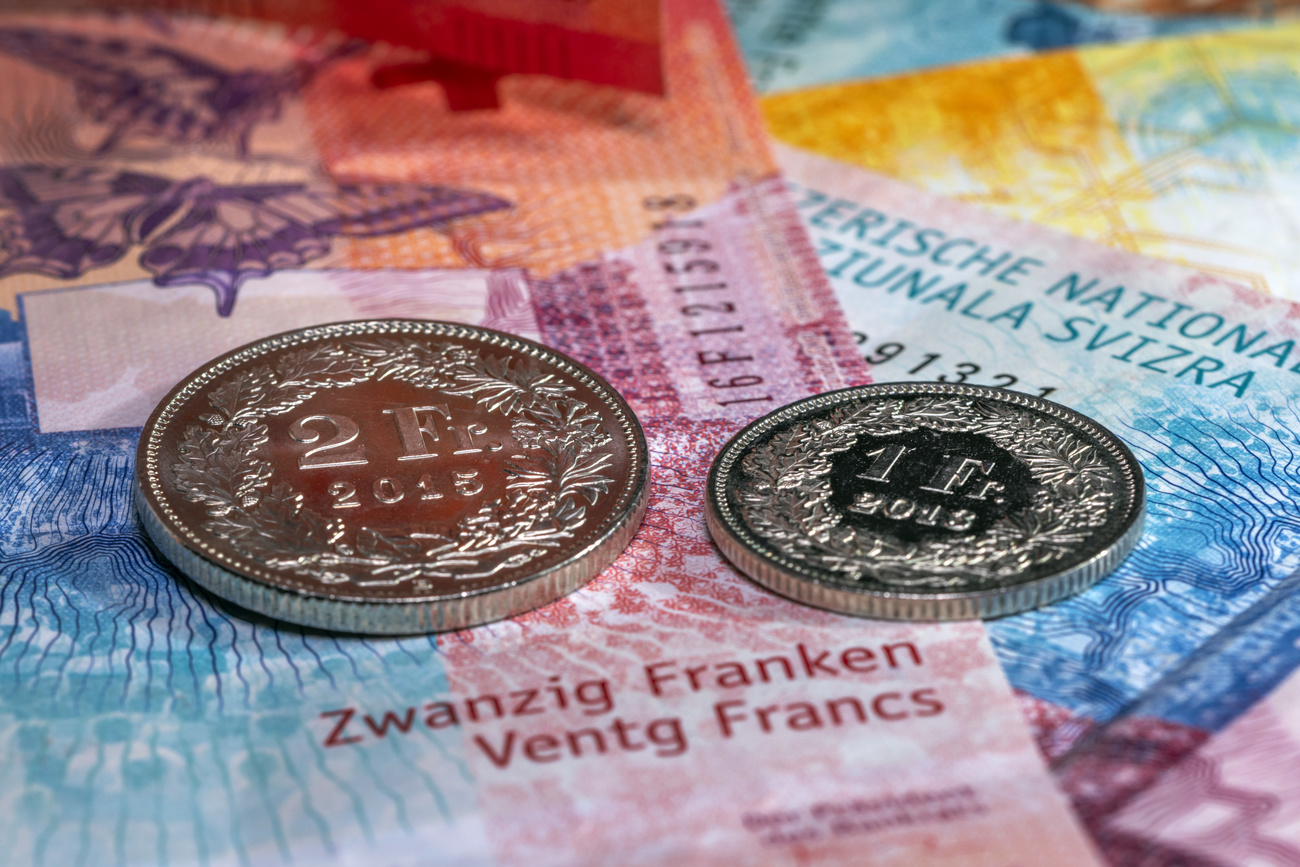
Swiss government proposes constitutional protection for cash

A draft law has been put to consultation in response to the popular initiative of the Swiss libertarian movement calling for constitutional guarantees on the use of cash.
The popular initiative “Yes to a free and independent Swiss currency in the form of coins and banknotes (cash is freedom)” calls for coins and banknotes to always be available in sufficient quantities. It also demands that any plans to replace the Swiss franc with another currency be put to a vote by the people and the cantons.
The Federal Council rejected this initiative. In its view, the wording proposed by the authors of this text is not precise enough. However, the government recognises the importance of the role played by currency in the economy and society.

More
Swiss libertarians push for vote to guarantee the survival of cash
Already in law
It is therefore prepared to reinforce the importance of maintaining cash by enshrining it in the constitution. At present, both the supply of cash and the use of the Swiss franc as the national currency are guaranteed by the Federal Act on the National Bank and the Federal Act on Currency and Means of Payment.
The Federal Council’s direct counterproposal will thus transfer legal provisions that are already in force to the constitution. Their interpretation and the corresponding practice are already well established and the new constitutional provision could be based on them. The counterproposal therefore allows the demands of the authors of the initiative to be met on the basis of precise legal rules.
The deadline for comments on the draft law is November 30.

More
Switzerland’s ‘cash initiative’ – what’s at stake?
Second initiative
The Swiss Freedom Movement recently launched a second initiative on the subject, which aims to ensure that people can pay in coins or banknotes in public services, particularly public transport, or in retail outlets. The movement is concerned about the rampant digitisation of society, which will soon prevent people from taking a train ticket without a credit card or digital payment platforms like Twint. It had also launched an initiative against compulsory vaccination.
Monetary policy is entirely the responsibility of the government and the Swiss National Bank (SNB). To date, there are no official plans to do away with cash.
According to the latest Swiss Payment Monitor, cash is once again the most widely used means of payment in Switzerland. After almost two years, cash is now just ahead of debit cards. In total, 29% of daily payments are made in cash.
This news story has been written and carefully fact-checked by an external editorial team. At SWI swissinfo.ch we select the most relevant news for an international audience and use automatic translation tools such as DeepL to translate them into English. Providing you with automatically translated news gives us the time to write more in-depth articles. You can find them here.
If you want to know more about how we work, have a look here, and if you have feedback on this news story please write to english@swissinfo.ch.

In compliance with the JTI standards
More: SWI swissinfo.ch certified by the Journalism Trust Initiative





























You can find an overview of ongoing debates with our journalists here . Please join us!
If you want to start a conversation about a topic raised in this article or want to report factual errors, email us at english@swissinfo.ch.